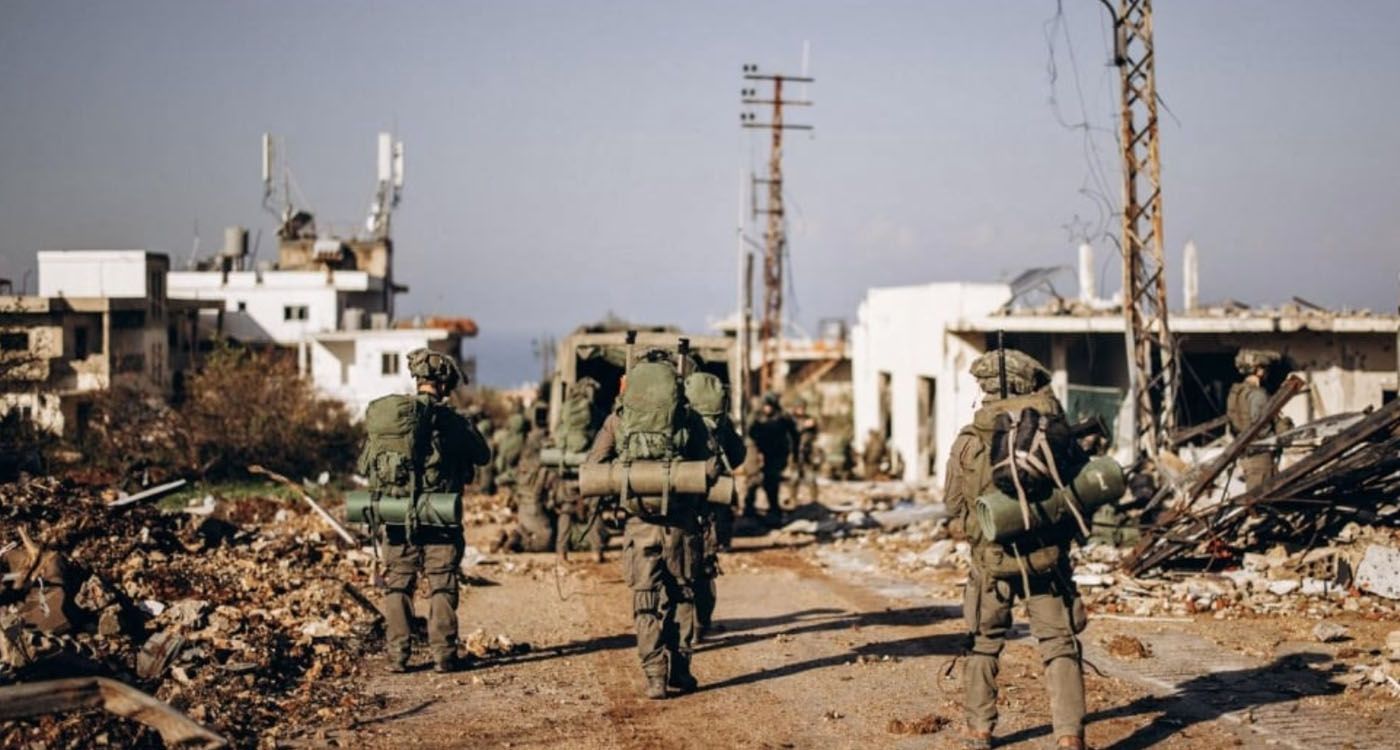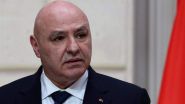
Tel Aviv announced on Friday that its army will not withdraw completely from the areas it occupies in southern Lebanon when the 60-day ceasefire agreement expires on Monday.
Israeli Prime Minister Benjamin Netanyahu announced that the phased withdrawal process would continue after January 27, “in agreement with the United States.”
According to reports, Israel will maintain a presence in five locations in the eastern sector of south Lebanon. However, the locations were not identified.
The eastern sector of southern Lebanon, extending from Mays al-Jabal to Shebaa, is home to Hezbollah strongholds, except for the Sunni-majority towns in the Arkoub region, such as Shebaa, Kfarchouba, and Kfar Hammam.
Lebanese Army units have entered Kfarchouba, as well as Christian and Druze towns, as part of the implementation of the ceasefire agreement and UN Resolution 1701.
The Israeli Army is currently present in the towns of Mays al-Jabal, Hula, Markaba, Odaisseh, and Kfar Kila, along with several mountainous areas near the Shebaa Farms and Kfarchouba Hills. This presence serves two main purposes: first, the strategic location of these areas is critical for the surveillance of the border region; second, the mission outlined in the ceasefire agreement requires the dismantling of Hezbollah's military infrastructure.
In this context, reports indicate that the Israeli Army has not yet completed the destruction of Hezbollah’s military infrastructure in these areas, including tunnels and arms depots. Moreover, Israel considers its presence near the Blue Line vital to reassure settlers and ensure that the Lebanese Army’s deployment in these regions will effectively prevent any resurgence of Hezbollah’s military activity.
Reports also suggest that the Israeli presence in certain areas is temporary and limited, with both Lebanon and the countries overseeing the ceasefire agreement and the implementation of Resolution 1701 pressuring for a full Israeli withdrawal in order to prevent Hezbollah from politically exploiting the situation against the Lebanese Army, the president and the anticipated government. As for Tel Aviv, the important thing is to prevent Hezbollah from rebuilding its arsenal.
In this respect, the Israelis have informed the pro-Iranian group that they had plans in place to resume fighting if their troops are attacked. A deeper ground incursion into southern Lebanon is among the envisioned scenarios.
It is important to note that the Lebanese government will not remain passive while awaiting Israel’s full withdrawal from the south. It plans to act in collaboration with Arab nations and other countries through the United Nations Security Council to guarantee a complete withdrawal, which is an essential condition to fulfill all its commitments.




Comments